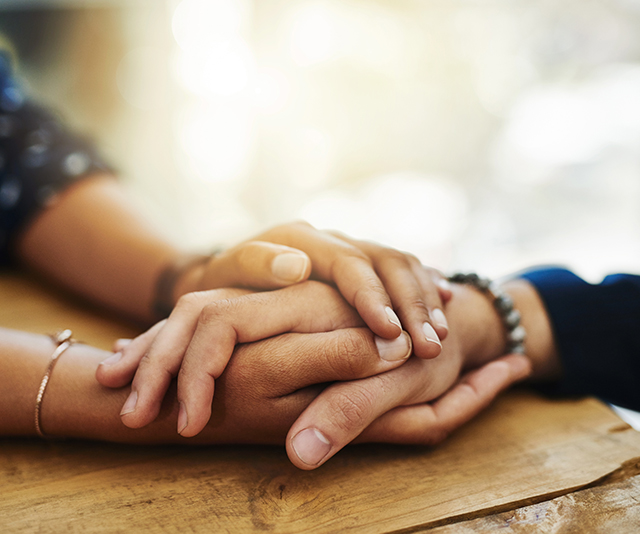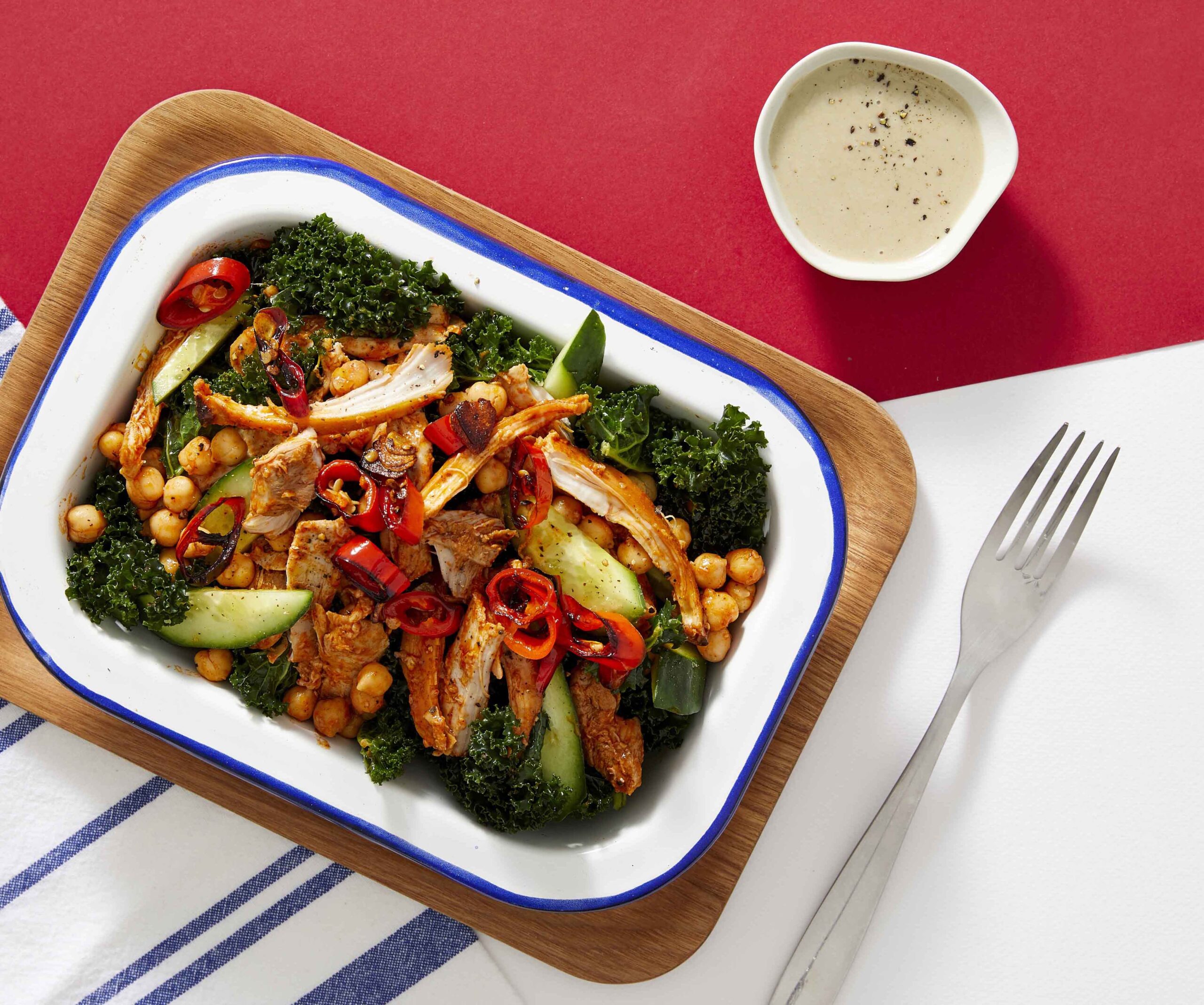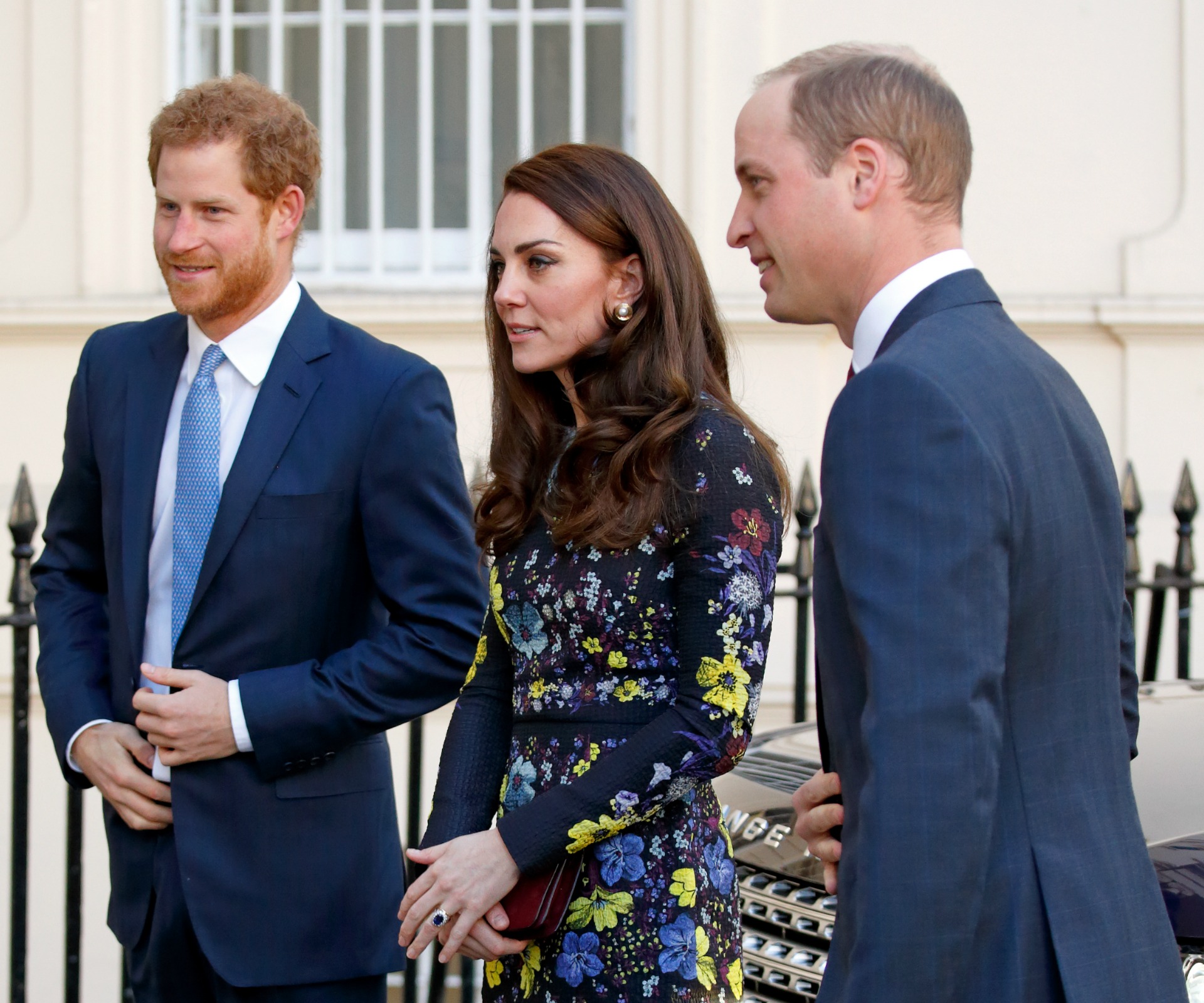A new movement is underway, one that aims to ensure that social media platforms like Instagram are place of positivity and inspiration … and it’s working.
Social media can get a bad rap, particularly when it comes to teenagers and how they use it. As a parent of a teenager myself, I have seen some of the negative aspects – like bullying and shaming – come into play.
Because, the truth is, platforms like Instagram and Snapchat have proven to be a haven for that kind of negative behaviour in the past. But it’s not all bad.
More and more, I’ve been noticing that the comment sections on the feeds of my daughter and her peers have become a place of encouragement and motivation. The pages they follow are encouraging healthy lifestyles and the message coming through is more ‘you can do it’, than ‘don’t you wish you were me?’.
And I’m not the only one paying attention to that shift. In this year’s survey for Love Your Body Week, The Butterfly Foundation and Sportsgirl found that 41.5 percent of people most of the time or always compare themselves to others on social media.
In response they created a new ‘Own Your Feed’ guide to help users navigate the platform to ensure that time spent on Instagram is inspiring, supportive and empowering.
Tactics like: ‘Own Your Time’ – which encourages users to manage just how long they are spending on the platform, and ‘Own Your Comments’ – a call to employ comment filters to ensure that the comment section is a happy place, free from bullying and only positive.
Leading the charge on making Instagram a place of authenticity and good vibes, is Lyndi Cohen, a nutritionist who uses her Instagram account to share her personal battle with body image and how she’s since created a community that celebrates women of all sizes and helps others who are facing their own challenges.
Lyndi spoke with Now To Love, explaining how her time on Instagram how changed and what she wants teenagers to know about using the platform for good.
Your personal journey seemed quite an organic transition from bad habits to a healthy lifestyle, how did social media play into that?
Social media has always been a source of healthy eating inspiration for me and it’s been especially important in helping me love my body.
Once I began following body positive accounts, I noticed that my relationship with my self started to shift – I became more understanding, more patient and compassionate with myself and my perceived flaws. Through the platform, I’ve learned from example. I didn’t have many other places I could turn to for authentic body positive messages.
If you’re not careful, social media can also be a place where you see one, narrow ideal of what a healthy body and life looks like. Luckily, there are many communities on Instagram so it’s a simply a matter of finding a group of people with similar values and helping each other grow.
Social media can be a brilliant place to get inspiration, learn and get support from like-minded people.
Having a supportive community online made such a difference to my health, confidence and journey to body love.

More and more, teenagers are owning their own feed.
Did you ever feel any pressure to look a certain way because of what was happening on social media at the time?
I’ve had my Instagram account @nude_nutritionist for about 4 years now and the way I use the platform has changed dramatically during that time.
Like most of us, I have felt the pressure to look a certain way on social media. As a nutritionist, there is pressure to be the picture of health at all times – but it’s not sustainable or realistic.
I share body positive images on social media to help expand our idea of what a healthy body looks like.
You don’t need to have abs to be healthy. In fact, to get the ‘dream body’ often requires a lot of unhealthy behaviours. For years, we have had a so-called healthy body ideal that’s out of reach for most people. I decided I wanted to use my Instagram account to help others realise that you can be healthy without depriving yourself and that its ok to have stomach rolls and cellulite.
Your ‘Photoshop free’ approach is refreshing, how is that being received amongst your audience?
Photoshop used to be something only used by big companies but now photo editing apps have meant that everyone has the ability to change how they look with a few swipes. Unfortunately, photo editing apps have become standard, particularly for young girls.
I truly believe ‘you cannot be what you cannot see’. Young women need to see examples of people who are truly comfortable in their body and aren’t willing to obsess over food to fit a narrow beauty ideal.
When you see images of someone who is comfortable in their body, un-photoshopped, healthy and happy – it’s new at first but then it starts to shift your own goals of what a healthy person can look like.
Do you have any advice for parents of very young teens who are helping their children navigate social media and the world of ‘influencers’?
If used with the right skills, social media can help young teens feel connected, have fun, learn and grow.
It’s healthy for parents to have conversations with their young teenagers. I’d encourage people to talk to their children about social media.
You can start by asking your teenager how following certain people makes them feel to encourage them to start questioning how they use the platform. You may want to share your own experience of looking at photoshopped and idealised images and how explain how that makes you feel. It’s also very important that young teens know they can easily block someone on Instagram if they are being a bully (and that the blocked person will have no idea). The algorithm is constantly learning so you can help shape the type of content you see by changing who you follow, unfollow and which hashtags you follow.



